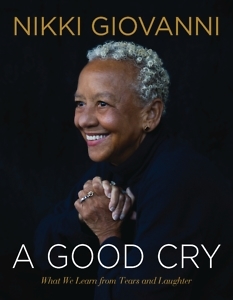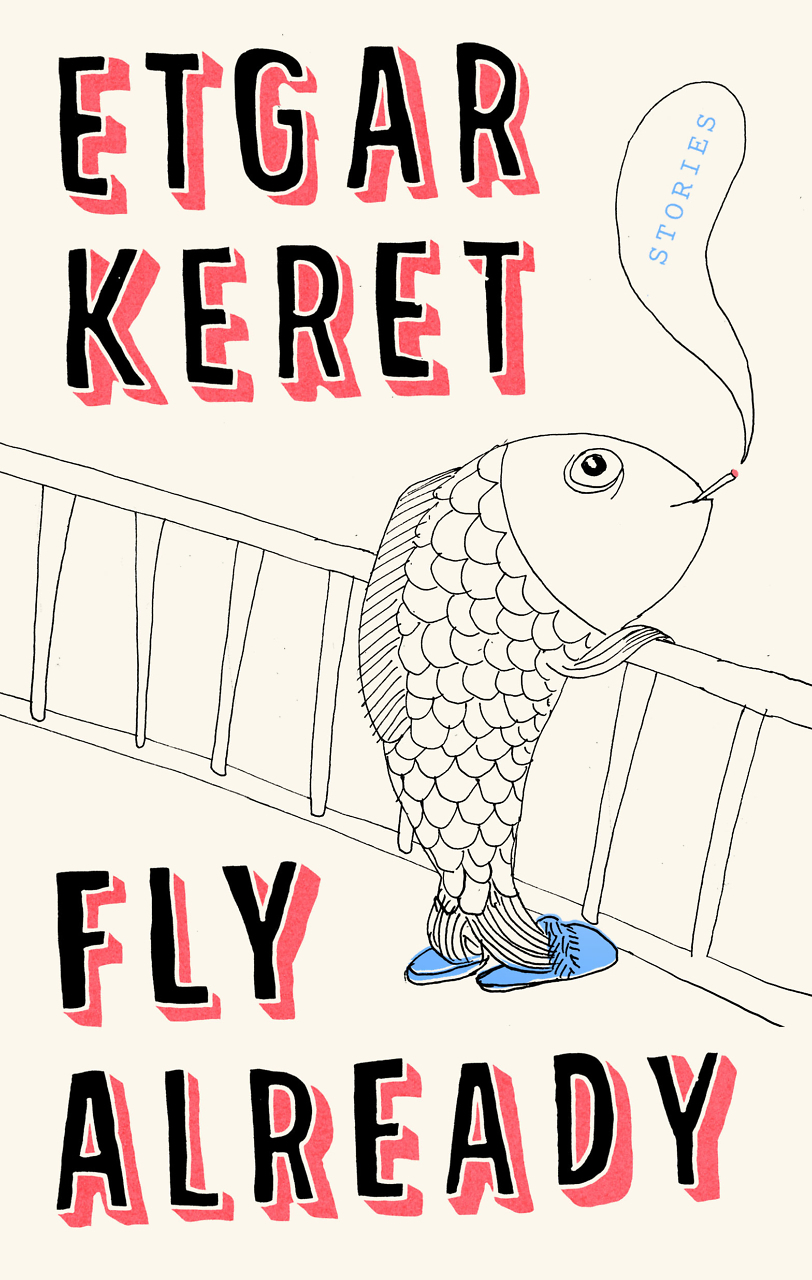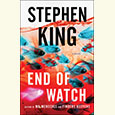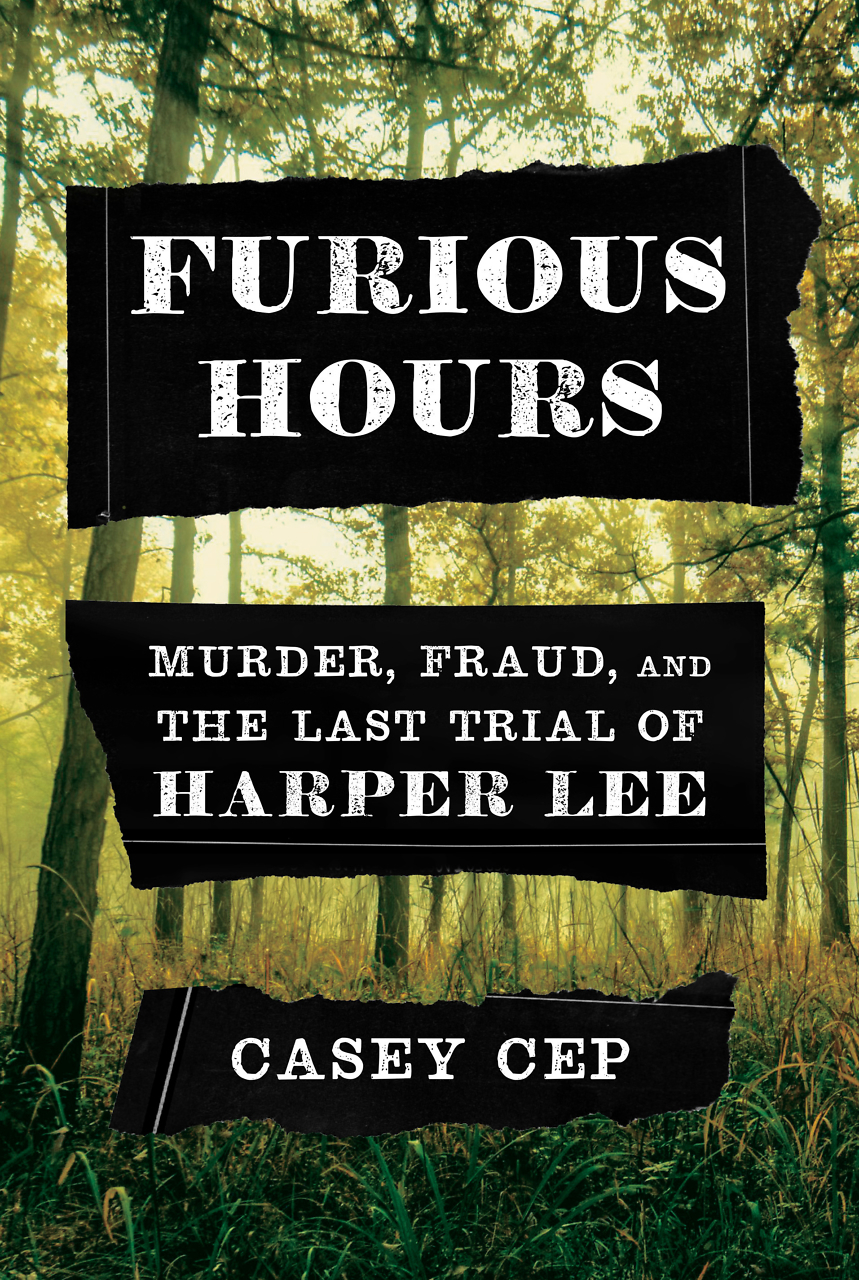Celebrating a Good Cry
Nikki Giovanni’s most recent collection centers on joy and pain
In the early 2000s, my mother and I went to hear Nikki Giovanni give a reading. I don’t recall if she was touring for a particular book, but I do recall her passionate speech, the way she yelled from the stage as people in the audience shouted, clapped, and jumped up in agreement. I was pretty much terrified. Still in high school, I was familiar with only the widely anthologized Giovanni poems, particularly “Knoxville, Tennessee.” I left feeling that I hardly knew the poet I loved—and realizing I had a lot of learning left to do.

Reading Nikki Giovanni’s book, A Good Cry: What We Learn from Tears and Laughter, is the opposite of being yelled at. It’s like opening a box of sunbeams after a long, wet winter. The poems are delivered in plain language and stanzas that cut to the marrow of human experience. Food, friends, home, sit-ins—these are just a few of the poems’ subjects. As the title of the book suggests, you will laugh, and you will cry.
You will also become hungry. In “Bread,” a short poem about a dream, Giovanni meditates on eating, on the pure sensory experience that is one of life’s most basic joys: “The butter / Dripped / On my fingers / I was so happy / I laughed aloud/ Almost waking / Myself / up.” Giovanni also describes her policy regarding breakfast: “the only major difference / to me for breakfast / and midnight snack / is champagne / or red wine red of course/ at midnight / to color / my dreams.”
The book includes many references to food and cooking with her friends. With which friend does Giovanni seem to cook most often? Oh, just Maya Angelou. In A Good Cry Giovanni honors the late poet with two poems and two short prose pieces. The inclusion of short, personal pieces written for literary giants such as Tim O’Brien and Rita Dove reminds readers of the reach of Giovanni’s influence and the breadth of her long career. To read any poem from so seasoned an artist is a gift; to be invited into such personal reflections is Christmas.
 Tennessee readers can expect a special treat: many of these poems recount experiences related to Giovanni’s home state. From Knoxville (where she was born) to Fisk University in Nashville (where she was an undergraduate), this book is very rooted in place. “If I have to / Hospital,” she writes, “Please let it / Be in Appalachia / With the nasal voices / And soft smiles.”
Tennessee readers can expect a special treat: many of these poems recount experiences related to Giovanni’s home state. From Knoxville (where she was born) to Fisk University in Nashville (where she was an undergraduate), this book is very rooted in place. “If I have to / Hospital,” she writes, “Please let it / Be in Appalachia / With the nasal voices / And soft smiles.”
In “Fisk: The Class of 1964,” Giovanni remembers her alma mater in historical terms: “We came in the fall / On segregated buses and segregated trains / Very few on airplanes / Most by Mom and Dad / To the historic campus / Of W.E.B. Du Bois James Weldon Johnson John Hope Franklin.” Another Fisk-related poem celebrates the hundredth anniversary of Delta Sigma Theta sorority, while others reference the poet’s personal memories of her time as a student.
The cover of this collection features a photo of Giovanni herself, her radiant smile and white hair a stark contrast to the book’s black background. Like her photo, these poems provide an alternative to the darkness of the world and the bleak news constantly flooding the networks. A Good Cry offers readers a respite from the heaviness, extending a warm invitation to new fans of Giovanni’s work while delivering a satisfying personal glimpse to diehard fans.

Sarah Carter is a high-school English teacher living and working in Lebanon, Tennessee. She is currently an M.F.A. candidate at the Sewanee School of Letters.


